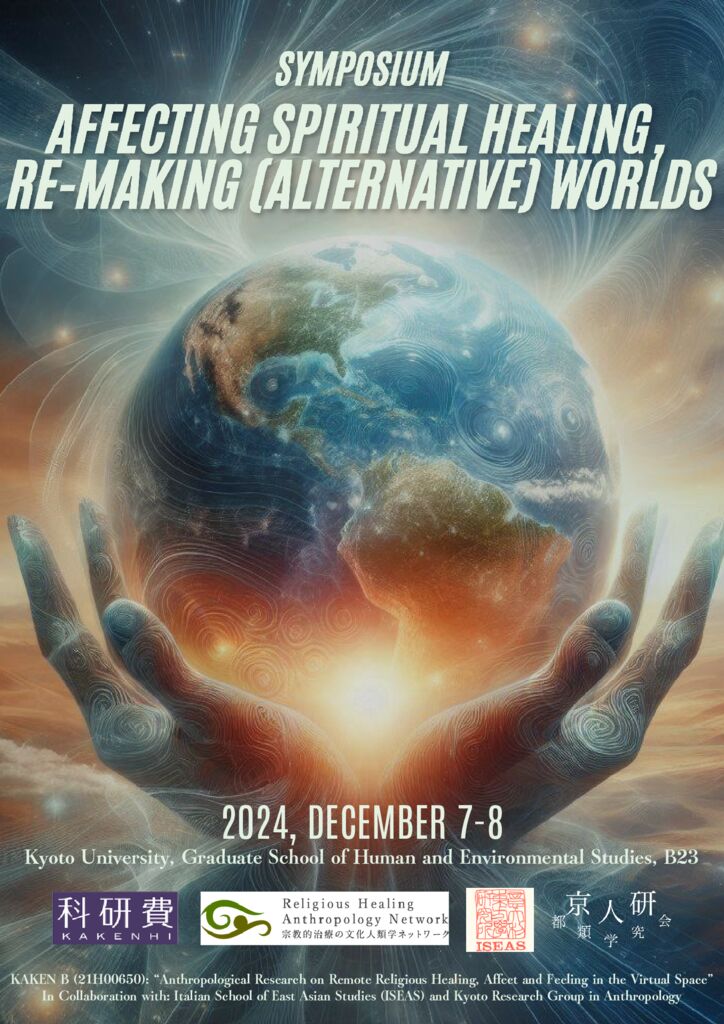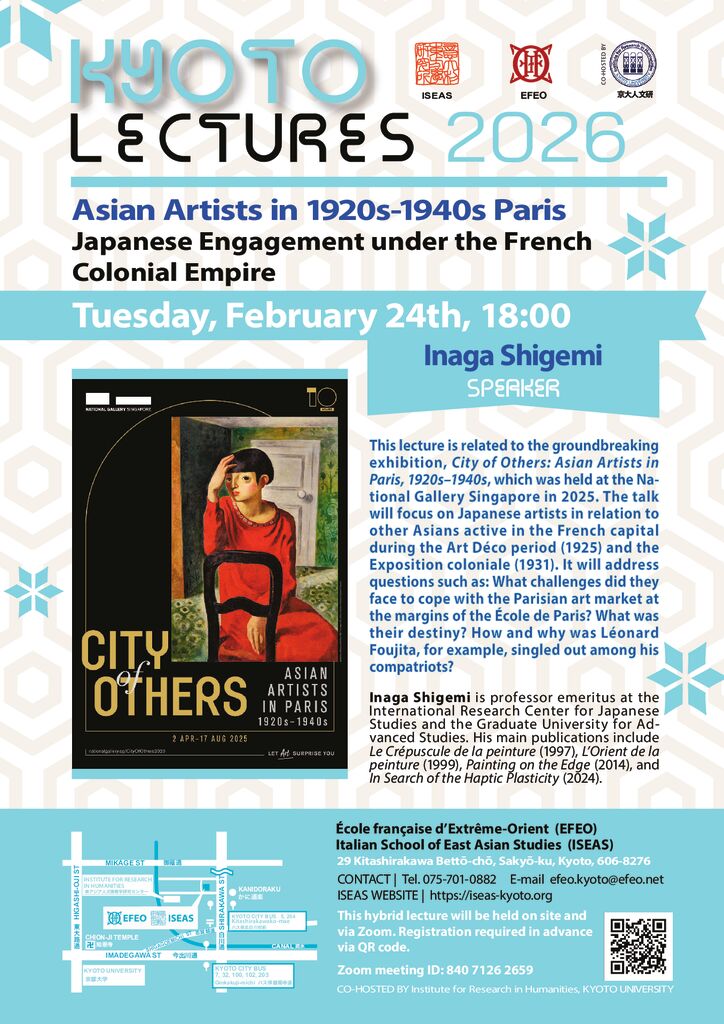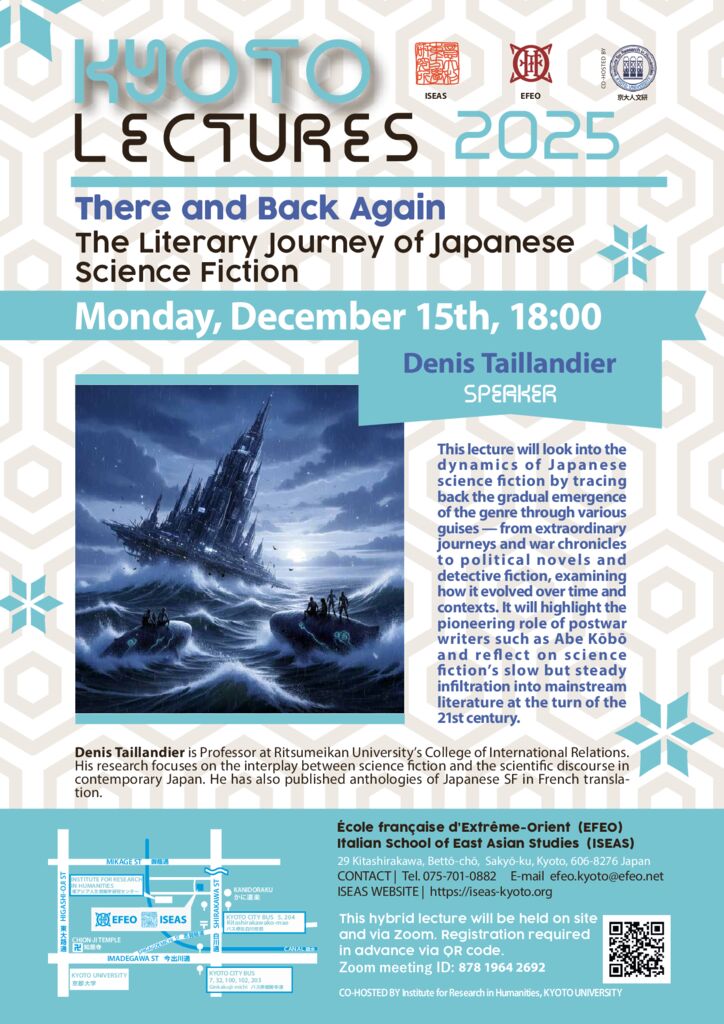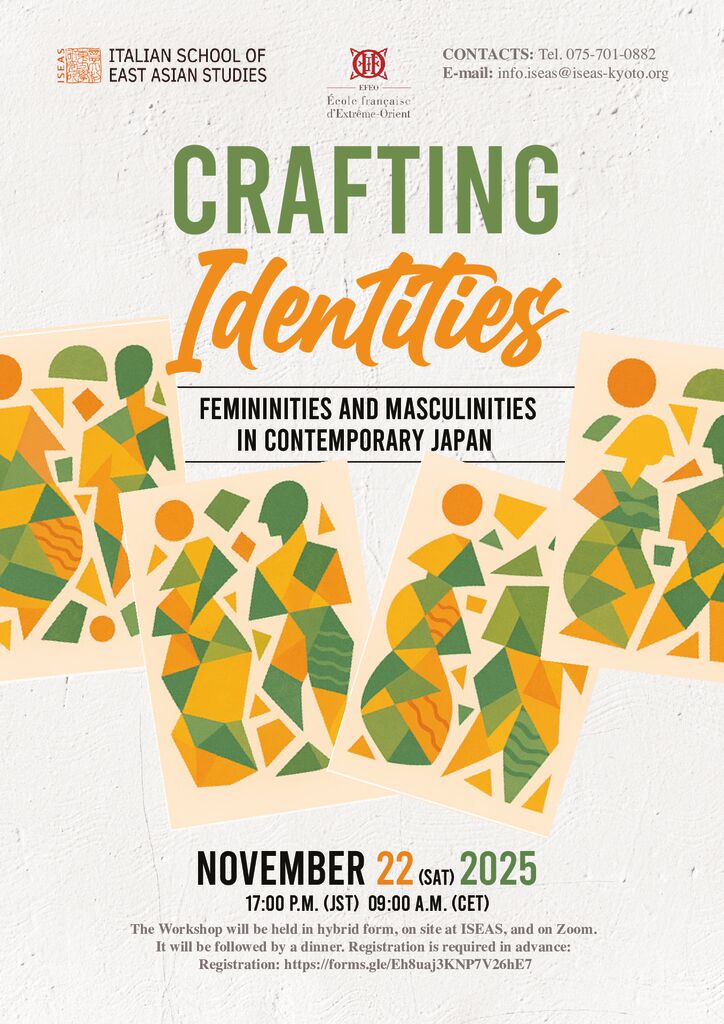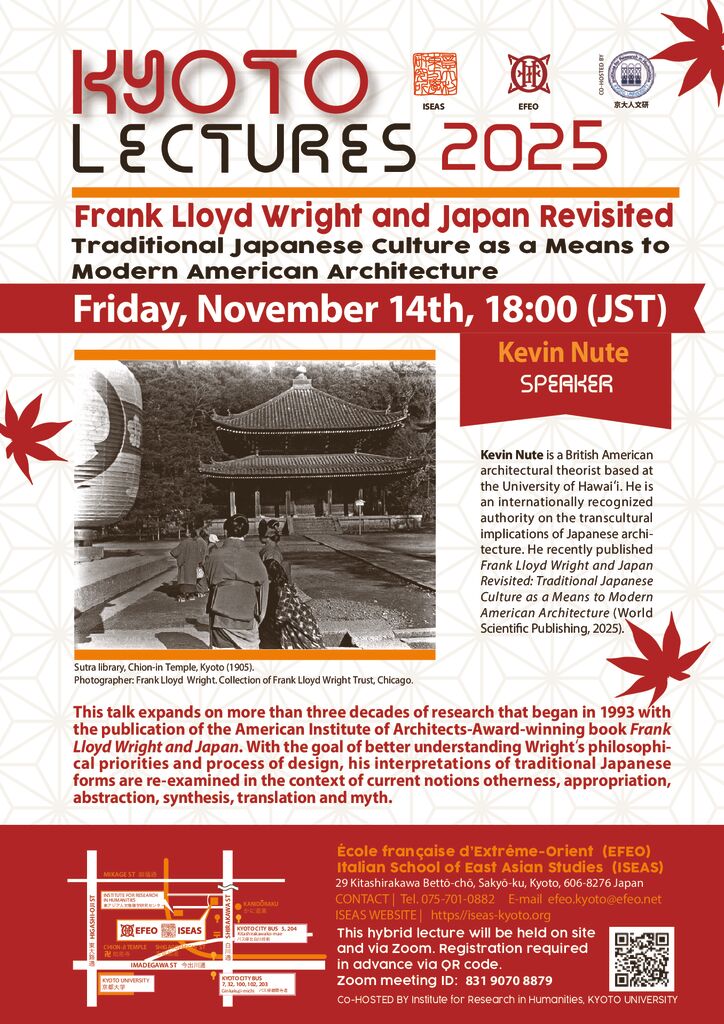Registration is required.
Please, register through the QR code on the pamphlet or the following link:
Registration deadlines:
– “Discussing” part only: 2024/12/05
– “Discussing” and “Experiencing” parts: 2024/11/30
This symposium explores the relationships between anthropology, phenomenology, spiritual healing, and the transformative process of remaking worlds. The focus is on lived experiences of healing that go beyond medical interventions, emphasizing affects, feelings, and bodily perceptions.
Phenomenological research has highlighted the significance of “remaking a world” in healing processes. This concept, proposed by Das et al. (2001), refers to the transformative efforts by communities and individuals in response to traumatic and insidious violence, addressing suffering, enduring, working through, breaking apart, or transcending the impact of violence at various levels – local worlds, interpersonal relations, and individual lives.
While widely accepted, the concept has faced several criticisms. It has been critiqued for overemphasizing narrative, neglecting the lived, embodied experiences of healing and the structural constraints on individuals’ capacities to transform their realities. Other criticisms include that it overlooks the collective dimensions of healing and may be too rooted in Western individualism, failing to adequately account for non-Western perspectives.
This symposium aims to bridge these gaps by providing accounts of religious and spiritual healing across diverse ethnographic contexts. By focusing on affects, feelings, and bodily perceptions, it highlights the importance of intersubjective lived experiences in the making and remaking of new, different, alternative worlds. By analyzing these transformative processes, it aims to contribute to the understanding of how individuals and communities navigate and transcend their experiences of suffering, ultimately creating new worlds and ways of being in the world which connect to their wellbeing.
The symposium is divided into two parts: “discussing” and “experiencing.” In the “discussing” part, scholars academically explore the topic in a traditional symposium format. In the “experiencing” part, participants engage with the core themes of the symposium through their senses and perception. The goal is to achieve a more comprehensive understanding of the topic by integrating both halves.
Program
Saturday, December 7th
DISCUSSING
1:00 PM – 1:05 PM: Andrea De Antoni (Kyoto University)
Opening Remarks and Symposium Overview
1:05 PM – 2:30 PM: Keynote Lecture: Thomas Csordas (UC San Diego)
Alterity and Identity in Religious Healing: The Case of Roman Catholic Exorcism
2:30 PM – 2:40 PM: Coffee Break
2:40 PM – 3:20 PM: Ran Muratsu (Tokyo University of Foreign Studies)
Distancing from the Emerged “Thing”: Religious Healing and Biomedicines in Pentecostal-Charismatic Churches in Benin
3:20 PM – 4:00 PM: Daniela Calvo (JSPS, Kyoto University)
Remaking a World in Afro-Brazilian Religions. Meaning-Making, Affects and Spiritual Healing Among Brazilian Immigrants in Japan
4:00 PM – 4:10 PM: Coffee Break
4:10 PM – 4:50 PM: Junko Iida (Kawasaki University of Medical Welfare)
Cutting the Birth, Unbinding the Spirit: Exorcist Rituals in Northern Thailand
4:50 PM – 5:45 PM: General Discussion 1
EXPERIENCING
5:45 PM – 6:00 PM: Move to Seibu Hall
6:00 PM~: Networking Event (Catering, Buffet, Provider TBD)
6:30 PM – 7:00 PM: Thomas Csordas Live Performance
7:10 PM – 8:10 PM: ALKDO Live Performance
Sunday, December 8th
10:30 AM – 10:35 AM: Andrea De Antoni (Kyoto University)
Opening Remarks
10:35 AM – 11:15 AM: Miho Ishii (Kyoto University)
From Passion to Compassion: Healing Rituals in an Independent Church in Southern Ghana
11:15 AM – 11:55 AM: Fumihiko Tsumura (Meijo University)
Something Rises: The Materiality of Possession and Magical Powers in Northeastern Thailand
11:55 AM – 12:05 PM: Coffee Break
12:05 PM – 12:45 PM: Andrea De Antoni (Kyoto University)
All Around me are Familiar Faces, Worn-out Places: Feelings and Environments (Re-)Making the Spirit Worlds in Contemporary Okinawa
12:45 – 13:00: Thomas Csordas (UC San Diego)
General Comments
13:00 PM – 1:30 PM: General Discussion 2
Overview of the “Experiencing” Part
This live performance aims to enrich the symposium experience by offering cultural and emotional perspectives aligned with the workshop’s theme. Thomas Csordas is not only known for his groundbreaking research in anthropology and phenomenology and as the keynote speaker of this symposium, but he is also a talented singer-songwriter. He composes acoustic folk-rock music, focusing particularly on protest songs. His performance blends academic discourse, artistic expression, and insights on “remaking alternative worlds,” thereby enriching the symposium experience. The combination of performance and academic discussion allows the event to explore the theme not only intellectually but also through lived, sensory experiences.
Additionally, the invitation of the band “ALKDO” is particularly significant in relation to the symposium’s theme of “constructing alternative worlds.” Operating from the cultural center “Hashinoshita-ya,” which they run by renovating a traditional Japanese house in Toyota City, ALKDO has built strong ties with the local community. Their music fosters understanding and empathy across cultures, offering participants experiences that transcend daily routines. Formed around frontman Yoshiki Nagayama and percussionist Take Mai of the large ensemble band TURTLE ISLAND, ALKDO blends Asian sounds and beats into their unique style called “Acoustic Asian Trad Punk.” Through their activities at Hashinoshita-ya, they incorporate traditional Japanese cultural practices, creating a space where diverse people gather to explore music, art, and communal living. ALKDO’s music resonates deeply through emotions and physical perception, promoting empathy and understanding beyond individual senses.
Such a post-symposium event is expected to complement discussions on cultural diversity and hopes for a sustainable future, providing participants with deep insights and inspiration beyond scholarly discussions.
PERFOMERS’ PROFILES
Thomas Csordas
Thomas Csordas is known for groundbreaking research in anthropology and phenomenology, and he is the keynote speaker of this symposium. Additionally, he is a talented singer-songwriter who composes acoustic folk-rock music, particularly focusing on music production that emphasizes protest and resistance.
ALKDO(https://www.tunecore.co.jp/artists/ALKDO)
ALKDO is a minimal formation consisting of Yoshiki Nagayama (Vo, G), the frontman of the large ensemble band “TURTLE ISLAND,” which operates domestically and internationally based in Toyota City, Mikawa, Aichi Prefecture, and Take Mai (Vo, Taiko), forming an acoustic Asian trad punk duo. They express a world of music and songs that ride on Asian rhythms and beats, embodying a spirit that is simple yet distinctive. While their core is two members, they continuously tour nationwide, adapting their lineup with various members from different places over time. Since 2012, they have co-hosted the Hashinoshita World Music Festival with the microAction label and operate the traditional house-renovated cultural center “Hashinoshita-ya” near Toyota City Station. Beyond music, they actively create a communication space where various expressions and diverse people gather locally on a daily basis. The band name “ALKDO/アルコド” derives from Yoshiki’s roots on the Korean Peninsula; “al” in Hangul means “naked,” and “kdo” stands for “TURTLE ISLAND,” collectively translating to “Naked Turtle Island” or in essence, “Acoustic Turtle Island.”
